
漢德百科全書 | 汉德百科全书
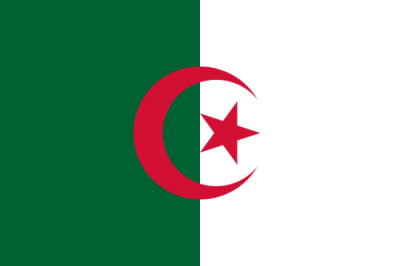
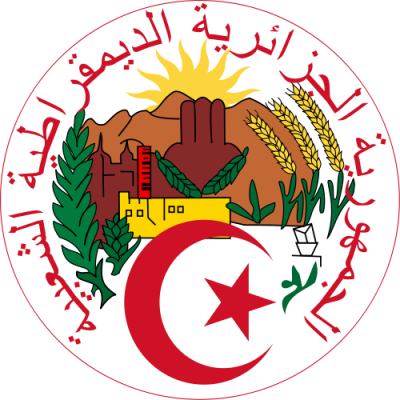




Ägypten (Aussprache [ɛˈɡʏptn̩] oder [ɛˈɡɪptn̩]; arabisch مصر Miṣr, offiziell Arabische Republik Ägypten) ist ein Staat im nordöstlichen Afrika mit über 100 Millionen Einwohnern[6] und einer Fläche von über einer Million Quadratkilometern. Die Megastadt Kairo ist ägyptische Hauptstadt und die größte Metropole Afrikas und Arabiens, der Ballungsraum „Greater Cairo“ ist eine der bevölkerungsreichsten Stadtregionen der Erde. Weitere Millionenstädte des Landes sind Alexandria und Gizeh. Hinsichtlich der Wirtschaftsleistung beim BIP pro Kopf liegt Ägypten auf Platz 94 von 190 Ländern (2016, PPP).
Das Alte Ägypten gilt als eine der frühen Hochkulturen der Welt. Ägypten wird seit der arabisch-islamischen Expansion zur Maschrek-Region des arabischen Raumes gezählt. Es hat als interkontinentaler Staat eine Landbrücke vom größeren afrikanischen Teil nach Asien, zur Sinai-Halbinsel. Durch die Revolution von 2011 änderten sich die gesellschaftlichen und politischen Verhältnisse im Land.
阿拉伯埃及共和国(阿拉伯语:جمهوريّة مصرالعربيّة,![]() 发音 帮助·信息),通称埃及,是东北非洲人口最多的国家,面积为1,001,450平方千米,2020年2月人口突破1亿[3]。原存在于当地的古埃及是世界文明古国之一,与两河流域文明有一定程度的交流,不过在希腊与罗马人的统治下,古埃及文明在公元前逐渐没落,后来被阿拉伯文化所取代。二战后,埃及于1953年由阿拉伯人建立共和国,地理上该国地跨二洲即亚洲和非洲,西奈半岛位于西南亚(西亚),而该国大部分国土位于北非地区。伊斯兰教为国教。埃及人大部分信仰伊斯兰教逊尼派,最大的宗教少数派为科普特正教。另外还有基督教其他教派和伊斯兰教什叶派;官方语言为阿拉伯语,通用英语和法语。埃及经济的多元化程度在中东地区名列前茅。
发音 帮助·信息),通称埃及,是东北非洲人口最多的国家,面积为1,001,450平方千米,2020年2月人口突破1亿[3]。原存在于当地的古埃及是世界文明古国之一,与两河流域文明有一定程度的交流,不过在希腊与罗马人的统治下,古埃及文明在公元前逐渐没落,后来被阿拉伯文化所取代。二战后,埃及于1953年由阿拉伯人建立共和国,地理上该国地跨二洲即亚洲和非洲,西奈半岛位于西南亚(西亚),而该国大部分国土位于北非地区。伊斯兰教为国教。埃及人大部分信仰伊斯兰教逊尼派,最大的宗教少数派为科普特正教。另外还有基督教其他教派和伊斯兰教什叶派;官方语言为阿拉伯语,通用英语和法语。埃及经济的多元化程度在中东地区名列前茅。
埃及也被认为是一个中等强国,各项重要产业如旅游业、农业、工业和服务业有着几乎同等的发展比重,埃及的苏伊士运河是亚洲与欧洲的桥梁。在地中海、中东和伊斯兰信仰地区尤其有广泛的影响力。
2015年埃及经济发展会议(EEDC),埃及计划于2019年底正式迁往新首都,缓解开罗人口压力。后该搬迁计划被推迟至2021年7月。
エジプト・アラブ共和国(エジプト・アラブきょうわこく、アラビア語: جمهورية مصر العربية)、通称:エジプト(アラビア語: مِصر)は、中東および北アフリカに位置する共和制国家。首都はカイロ。
アフリカ大陸では北東端に位置し、西にリビア、南にスーダン、北東のシナイ半島ではイスラエル、パレスチナ国・ガザ地区と国境を接する。北部は地中海、東部は紅海に面している。
エジプトは中東と北東アフリカの接点に存在し、古代文明が存在していた地域のひとつに数え上げられる。その歴史は紀元前の時代にまで遡るほど古い。
人口はアラブ諸国で最も多く、2020年2月に1億人を超えている[2]。同国地域には数千年前の古代都市の痕跡や幾多もの史跡がナイル川に沿う形で点在している。
また、水源が乏しい国の一つとしても知られており、南北に流れるナイル川の河谷とデルタ地帯(ナイル・デルタ)のほかは、国土の大部分の95%以上が砂漠である[3]。ナイル河口の東には地中海と紅海を結ぶスエズ運河がある。
同国は現在、MENA地域において2番目に人口密度の高い国と見做されており、中でもカイロは世界で最も人口密度の高い都市のひとつに当たる。
Egypt (/ˈiːdʒɪpt/ (![]() listen) EE-jipt; Arabic: مِصر, romanized: Miṣr), officially the Arab Republic of Egypt, is a transcontinental country spanning the northeast corner of Africa and southwest corner of Asia by a land bridge formed by the Sinai Peninsula. Egypt is a Mediterranean country bordered by the Gaza Strip (Palestine) and Israel to the northeast, the Gulf of Aqaba and the Red Sea to the east, Sudan to the south, and Libya to the west. Across the Gulf of Aqaba lies Jordan, across the Red Sea lies Saudi Arabia, and across the Mediterranean lie Greece, Turkey and Cyprus, although none share a land border with Egypt.
listen) EE-jipt; Arabic: مِصر, romanized: Miṣr), officially the Arab Republic of Egypt, is a transcontinental country spanning the northeast corner of Africa and southwest corner of Asia by a land bridge formed by the Sinai Peninsula. Egypt is a Mediterranean country bordered by the Gaza Strip (Palestine) and Israel to the northeast, the Gulf of Aqaba and the Red Sea to the east, Sudan to the south, and Libya to the west. Across the Gulf of Aqaba lies Jordan, across the Red Sea lies Saudi Arabia, and across the Mediterranean lie Greece, Turkey and Cyprus, although none share a land border with Egypt.
Egypt has one of the longest histories of any country, tracing its heritage along the Nile Delta back to the 6th–4th millennia BCE. Considered a cradle of civilisation, Ancient Egypt saw some of the earliest developments of writing, agriculture, urbanisation, organised religion and central government.[14] Iconic monuments such as the Giza Necropolis and its Great Sphinx, as well the ruins of Memphis, Thebes, Karnak, and the Valley of the Kings, reflect this legacy and remain a significant focus of scientific and popular interest. Egypt's long and rich cultural heritage is an integral part of its national identity, which reflects its unique transcontinental location being all Mediterranean, Middle Eastern and North African.[15] Egypt was an early and important centre of Christianity, but was largely Islamised in the seventh century and remains a predominantly Muslim country, albeit with a significant Christian minority.
Modern Egypt dates back to 1922, when it gained independence from the British Empire as a monarchy. Following the 1952 revolution, Egypt declared itself a republic, and in 1958 it merged with Syria to form the United Arab Republic, which dissolved in 1961. Throughout the second half of the 20th century, Egypt endured social and religious strife and political instability, fighting several armed conflicts with Israel in 1948, 1956, 1967 and 1973, and occupying the Gaza Strip intermittently until 1967. In 1978, Egypt signed the Camp David Accords, officially withdrawing from the Gaza Strip and recognising Israel. The country continues to face challenges, from political unrest, including the recent 2011 revolution and its aftermath, to terrorism and economic underdevelopment. Egypt's current government, a semi-presidential republic has been described by a number of watchdogs as authoritarian or heading an authoritarian regime, responsible for perpetuating the country's problematic human rights record.
Islam is the official religion of Egypt and Arabic is its official language.[16] With over 100 million inhabitants, Egypt is the most populous country in North Africa, the Middle East, and the Arab world, the third-most populous in Africa (after Nigeria and Ethiopia), and the thirteenth-most populous in the world. The great majority of its people live near the banks of the Nile River, an area of about 40,000 square kilometres (15,000 sq mi), where the only arable land is found. The large regions of the Sahara desert, which constitute most of Egypt's territory, are sparsely inhabited. About half of Egypt's residents live in urban areas, with most spread across the densely populated centres of greater Cairo, Alexandria and other major cities in the Nile Delta.
Egypt is a developing country, ranking 116th on the Human Development Index. Politically, however, it is considered to be a regional power in North Africa, the Middle East and the Muslim world, and a middle power worldwide.[17] Egypt has a diversified economy, which is the second-largest in Africa, the 33rd-largest economy by nominal GDP, and the 20th-largest globally by PPP. Egypt is a founding member of the United Nations, the Non-Aligned Movement, the Arab League, the African Union, Organisation of Islamic Cooperation and the World Youth Forum.
L'Égypte Écouter (en arabe : مصر / miṣr ; en arabe égyptien : مصر / maṣr masˤɾ), en forme longue la république arabe d'Égypte (en arabe : جمهورية مصر العربية) / jumhuriyat misr al arabiya2, est un pays se trouvant en Afrique du Nord-Est et, pour la péninsule du Sinaï, en Asie de l'Ouest. Située sur la côte sud de la Méditerranée orientale, le bassin Levantin, l'actuelle Égypte occupe l'espace géographique qui fut autrefois celui de l'Égypte antique.
Avec plus de 106 millions d'habitants en 2021, l'Égypte est le troisième pays le plus peuplé d'Afrique derrière le Nigeria et l'Éthiopie. En très forte croissance, sa population a été multipliée par quatre en soixante ans.
Sa capitale est Le Caire et sa monnaie la livre égyptienne. La langue officielle du pays est l'arabe, utilisé dans tous les documents et dans l'éducation. En revanche, la langue parlée est l'arabe égyptien (arabe dialectal). Le siwi — tamazight (berbère) de l'ouest du pays — est parlé à Siwa. Le copte n'est utilisé que comme langue liturgique des chrétiens d'Égypte. Le nubien est parlé par les habitants de Haute-Égypte, au sud d'Assouan, qui fait partie du nord de la région de Nubie.
L'Egitto (in arabo: مصر, Miṣr), ufficialmente Repubblica Araba d'Egitto (in arabo: جمهورية مصر العربية, Ǧumhūriyya Miṣr al-ʿArabiyya), è un paese transcontinentale che attraversa l'angolo nord-est dell'Africa e l'angolo sud-ovest dell'Asia attraverso un ponte di terra formato dalla penisola del Sinai. La maggior parte del suo territorio di 1 001 000 chilometri quadrati si trova nel Nord Africa e confina con il mar Mediterraneo a nord, la striscia di Gaza e Israele a nord-est, il golfo di Aqaba e il mar Rosso ad est, il Sudan a sud e la Libia ad ovest. Dal 1958 al 31 dicembre 1971 era denominato Repubblica Araba Unita.
L'Egitto è uno dei paesi più popolati dell'Africa e del Medio Oriente, e il 14º più popolato al mondo. Buona parte dei suoi più di 100 milioni di abitanti[6] vive vicino alle rive del fiume Nilo, su una superficie di circa 10 000 chilometri quadrati, dove si trova l'unica terra arabile del paese. Le grandi regioni del deserto del Sahara, che costituiscono la maggior parte del territorio dell'Egitto, sono scarsamente abitate. Circa il 42% dei residenti in Egitto vive in aree urbane, con la maggior diffusione di tutti i centri densamente popolati al Cairo, Alessandria e altre grandi città del delta del Nilo, come Mansura.
L'Egitto ha una delle più lunghe storie di ogni Stato moderno, essendo stato continuamente abitato dal X millennio a.C.[7] I suoi monumenti, come la piramide di Giza e la Grande Sfinge, sono stati costruiti per la sua antica civiltà, che è stata una delle più avanzate del suo tempo. Le sue antiche rovine, come quelle di Menfi, Tebe, Karnak e la Valle dei Re, al di fuori di Luxor, sono un focus significativo di studi archeologici e di interesse popolare. La ricca eredità culturale dell'Egitto, così come l'attrazione della sua riviera del mar Rosso, hanno fatto del turismo una parte vitale dell'economia, che impiega circa il 34% della forza lavoro del paese.
L'economia dell'Egitto è una delle più diversificate del Vicino Oriente, con settori quali il turismo, l'agricoltura, l'industria e dei servizi a livelli di produzione senza uguali. L'Egitto è considerato una media potenza,[8] con una significativa influenza culturale, politica e militare in Nord Africa, Vicino Oriente e mondo musulmano.
Egipto (en árabe, مصر, Miṣr, pronunciado en dialecto egipcio: Maṣr; en copto, Ⲭⲏⲙⲓ, khemi), oficialmente la República Árabe de Egipto (en árabe: جمهوريّة مصرالعربيّة Ŷumhūriyyat Miṣr Al-ʿArabiyyah7), es un país soberano transcontinental. Está ubicado mayoritariamente en el extremo noreste de África, mientras que en Asia se encuentra en la península del Sinaí. Limita con Sudán al sur, con Libia al oeste y con la Franja de Gaza (Palestina) e Israel al noreste. Al norte limita con el mar Mediterráneo y al sureste con el mar Rojo.
La mayor parte de su superficie la integra el desierto del Sahara. El río Nilo cruza el desierto de sur a norte, formando un estrecho valle y un gran delta en su desembocadura en el Mediterráneo. Estas tierras fértiles se hallan densamente pobladas, concentrando la mayor población nacional de África. Casi la mitad de los egipcios viven en áreas urbanas, sobre todo en los centros densamente poblados de El Cairo, su capital, y Alejandría.
Fue cuna de la antigua civilización egipcia, que junto con la mesopotámica fue el origen de la actual cultura occidental, influyendo decisivamente en la historia de la humanidad. Los restos de esta civilización jalonan el país, como las pirámides y la gran esfinge, o la ciudad meridional de Lúxor, que contiene un gran número de restos antiguos, tales como el templo de Karnak y el Valle de los Reyes. Egipto es actualmente un centro político y cultural importante del Oriente Próximo y se le considera una potencia regional. Su actual forma de gobierno es la república semipresidencialista. Entre 2013 y 2014 estuvo bajo gobierno interino, formado tras el golpe de Estado de 2013 que derrocó al primer presidente democrático del país, Mohamed Morsi.8
Еги́пет (араб. مصر Миср/Miṣr [misˤɾ], масри مصر Маср/Maṣr [ˈmɑsˤɾ], копт. Ⲭⲏⲙⲓ [kʰēmi]), официальное название — Ара́бская Респу́блика Еги́пет (араб. جمهورية مصر العربية Джумхурийят Миср аль-Арабийя, масри جمهورية مصر العربية Гумхурия Маср иль-Арабийя), — трансконтинентальное государство, расположенное в Северной Африке и на Ближнем Востоке (Синайский полуостров).
На северо-востоке граничит с Израилем и частично признанным государством Палестиной, на юге — с Суданом, на западе — с Ливией. На севере территория страны омывается водами Средиземного моря, на востоке — Красным морем, при этом оба моря соединены посредством искусственно сооружённого Суэцкого канала.


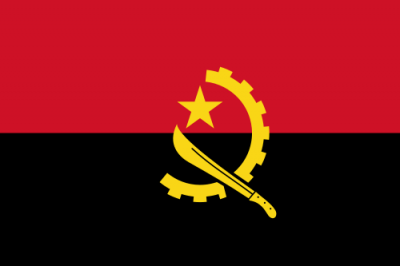
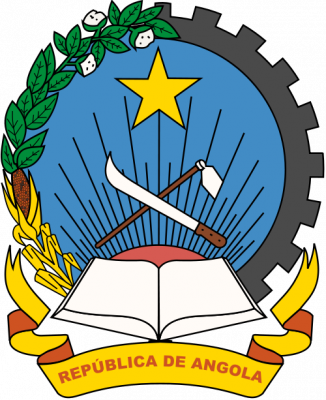

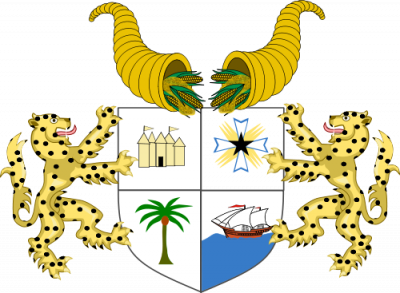
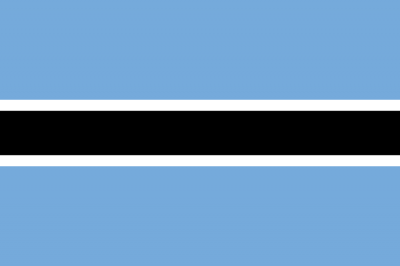
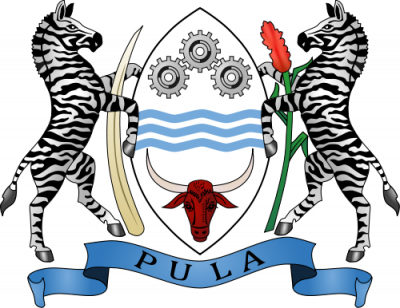






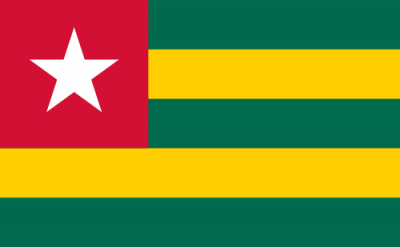
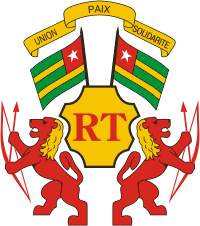
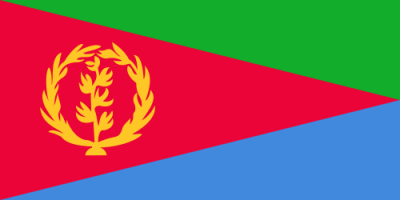
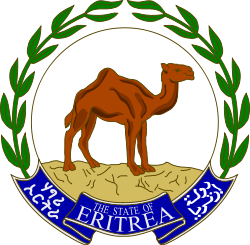

 Geography
Geography

 Party and government
Party and government
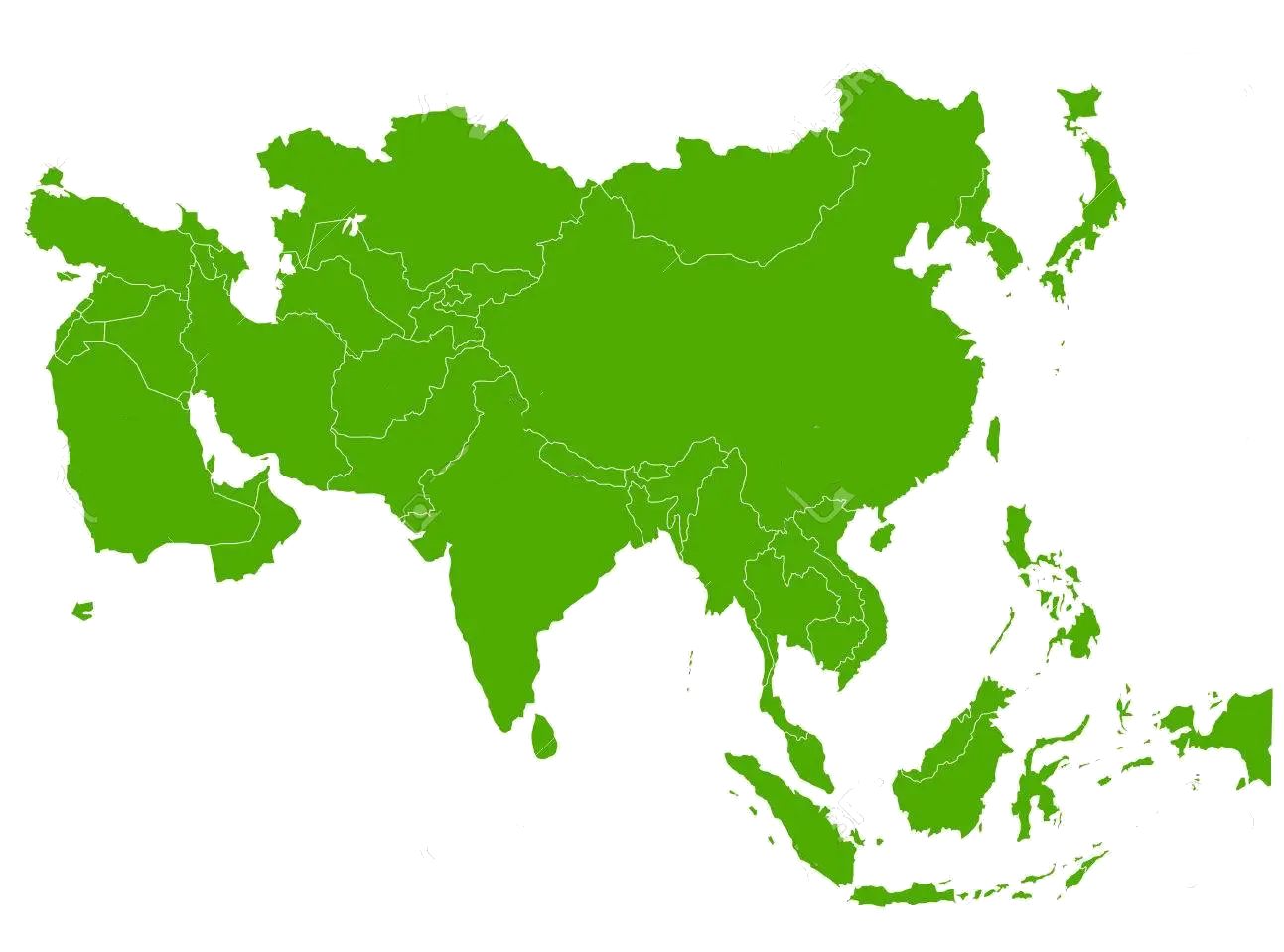 States of Asia
States of Asia